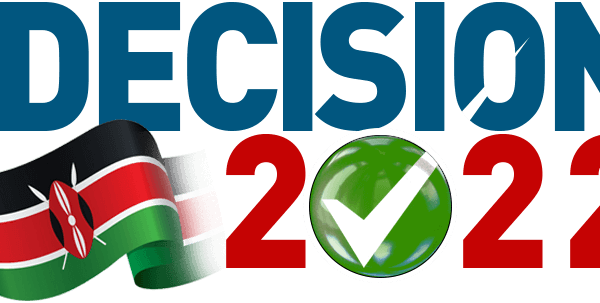
As it appeared in the Daily Nation on July 30th 2019
Dr. Lucy Kiruthu
I look forward to the day that staff will think like business owners and business owners will think like customers. On that day, there will be remarkable improvement in productivity, less wastage, good quality products and services and much more. In addition, both staff and businesses will be more purposeful and I have no doubt that profits will follow. I also look forward to the day that business will think beyond profits. 25 years ago, John Elkington a renowned world authority in corporate responsibility and sustainable development coined the phrase, “triple bottom line”. He used the phrase to describe three goals for business sustainability namely people, planet, and profit. In 2014, a fourth bottom line referred to as purpose was proposed and the debate to go beyond profits continues to date.
Traditionally, business performance was measured in financial terms. The profit and loss account also referred to as statement of comprehensive income has widely been used to assess the health of a business. A 1992 Harvard Business Review article by Dr. Robert Kaplan and Dr. David Norton titled “The Balanced Scorecard – Measures That Drive Performance” and a 1996 book “The Balanced Scorecard” by the same authors introduced the Balanced Scorecard concept. The Balance Scorecard was aimed at helping businesses to go beyond the traditional financial measures. This concept has been widely adopted across industries as a performance management framework. However, the financial measures remain the main focus in most businesses. Does your business think beyond the financial measures?
Elkington continues to advocate for the need to look beyond profits and consider people and planet. It is obvious that businesses are about people and as such, they have a social responsibility. Besides staff, customers and business owners, social responsibility transverses suppliers, partners, the communities in which businesses operate, governments and the larger society. Being socially responsible means proving good quality products, having the right work environment, being ethical, as well as keeping our word when dealing with shareholders, staff, customers, partners and suppliers. Further, businesses must take good care of planet earth by being environmentally responsible. This means not disposing off waste carelessly. It also means saving resources such as water and electricity, limiting air pollution, being intentional about reusing and recycling, planting trees and much more. What is your business doing to be socially and environmentally friendly?
The more I study successful businesses, the more I am convinced that they think differently and go beyond profits. Whilst financial performance is important, smart businesses must see beyond the bottom line. Businesses need to be clear about the social purpose they serve and their overall contribution to humanity. Today, certified B Corporations are fast spreading out across the globe. The B stands for Benefit. Besides staying profitable, these businesses meet the highest standards of verified social and environmental performance, legal accountability and public transparency. Every business has the potential to not only have an economic impact but to be a force for the greater good by adding value through social and environmental impact. A key question to all business owners, managers and staff alike – What positive contribution is your business making beyond profits?
Dr. Lucy Kiruthu is a Management Consultant and Trainer. Connect via twitter @KiruthuLucy









